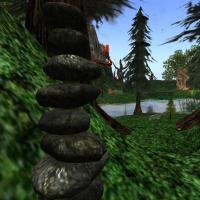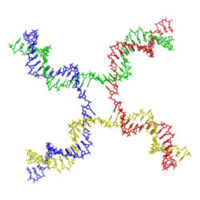-
Sensory Way

Shall we talk about visualization? Are you all familiar with it already? Well, I’ll start with a question. How do we cause things to happen? I mean anything. Is it just physical activity? We think about it. And the biggest part of your brain is the part responsible for visual processing. Planning helps. Even the most rudimentary…
-
Handling Sensory Data

Neuro- science is discovering much about how the brain handles sensory data and which sensory “modules” interface with others. They have identified some non-sensory functions from being able to study data relating to brain injury, and by performing experimental surgery on creatures whose brains are roughly analogous to our own. There are some things that…
-
Selective Sensory Satiation

An example of the selective sensory satiation method. What’s a typical problem reduced to one word? Fear? Fear. Say the word fear until you can’t stand saying it any more, then soon after try to think about something that you are afraid of. You may find that rather than seeming frightening, it just seems weird.…
-
Sensory Processes are Quantum Processes

Well, perhaps an explanatory sidetrack if that’s all right. They have discovered that photons that lose entanglement retain a “memory” of their previously entangled state. Be deliberately generating entangled photons and retaining one of the particles while projecting the other. “Inertia” at a micro-scale? In a sense, yes. When the projected photons return, they show…
-
Exploring Sensory Experience

First off, what is meditation as you understand it? The practice of focusing in the present. Witnessing with clarity in continual interactions. A quiet, peaceful and inward process. All true. What is the purpose of meditation? A variety of purposes. Sometimes I just do it to get myself back on a relatively even “keel.” To…
-
Sensory Impression

What is your present familiarity with collective memory? Mostly genetic. Stuff we’re “programmed” to do through DNA. A notion of connection via the astral. What is it to perceive something? Usually through the senses. To have sensory awareness of an object. It has been established even in mainstream labs that what we perceive is more…


